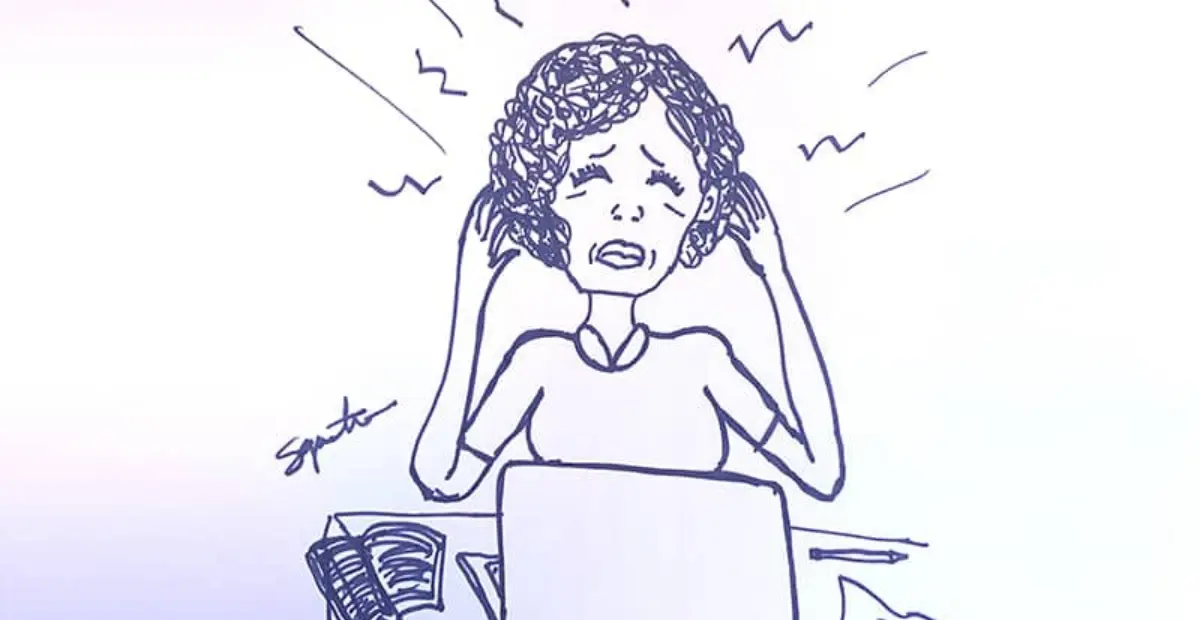How technology and district pressure are ringing the anxiety bell for teachers
COVID-19 has changed our education system in ways that very few people could have dreamed. Last spring, most schools in the United States closed their doors to thwart the spread of the deadly virus. This fall, some school systems opted for remote learning or a combination of remote and in school learning known as the hybrid model. Both approaches left teachers scrambling to become experts in technology and learning apps. I can say this, having been an educator for 31 years and a reading specialist for the past 22 years, teaching reading and writing skills remotely or through the hybrid model to emergent and transitional readers has been a monotonous task.
Though remote or hybrid, teachers know the goal of any lesson is to keep students interested and engaged, so learning will take place and outcomes can be measured. Unfortunately, fun, engaging reading lessons I prepared to target specific skills for my K-3 students have gone awry or been interrupted due to technological quirks. Incessant feedback from iPads, iPads going dead during lessons, iPads freezing, microphones unexpectedly muted or students dropped from the meeting have severely disrupted learning. That is truly no fun when teaching the Orten-Gillingham method which depends on fidelity. Oh, my goodness! Anxiety alert!
Pointing out these tech issues are in no way a slight to the dynamic, almost superhero job that my school’s ITC has performed keeping us all well-connected, but technology surely has been an issue that sets off the anxiety bell in teachers. Though these tech interruptions have lessened, ensuring that struggling readers are attaining the essential skills that will create future success in reading has been nerve wrecking to me.
The anxiety that many teachers feel may also be due in part to the demands placed upon us by school districts. I have spoken to teacher friends across the country who say that their districts seem not to take into account the technological challenges teachers face, having a shortened school day, students not always making themselves available for learning or attending class regularly plus the emotional distress factors that we are all facing as human beings because of the pandemic.
In my district, teachers are still expected to write student intervention plans, provide the interventions, do progress monitoring, and get the same results while managing under more time constraints. On top of that, we have to make sure that children are prepared to take upcoming standardized tests when some of them do not even cut on their microphones and cameras or participate in class. The anxiety bell rings louder!
A friend of mine who teaches in a nearby county told me the stress of preparing kids for high stakes testing is just unfair to teachers as well as to students. How is this going to go smoothly when there are kids whose parents have opted strictly for remote teaching? School districts need to recognize that things are different because of the pandemic and teachers are not superheroes nor magicians. We are trying our best to focus on social and emotional needs of students as well as teaching state standards but the added pressure of preparing students for standardized test while teaching remotely or hybrid is stress inducing. I hear Billy Joel’s 1980s hit song, Pressure, ringing in my ears!!!
Testing and knowing how children are performing in school is necessary. But in the age of Covid-19, calm down a bit please. Things are different and should be acknowledged and treated as such.
For more information about Kids Read Now's K-3 Summer Reading Program, please contact us.




